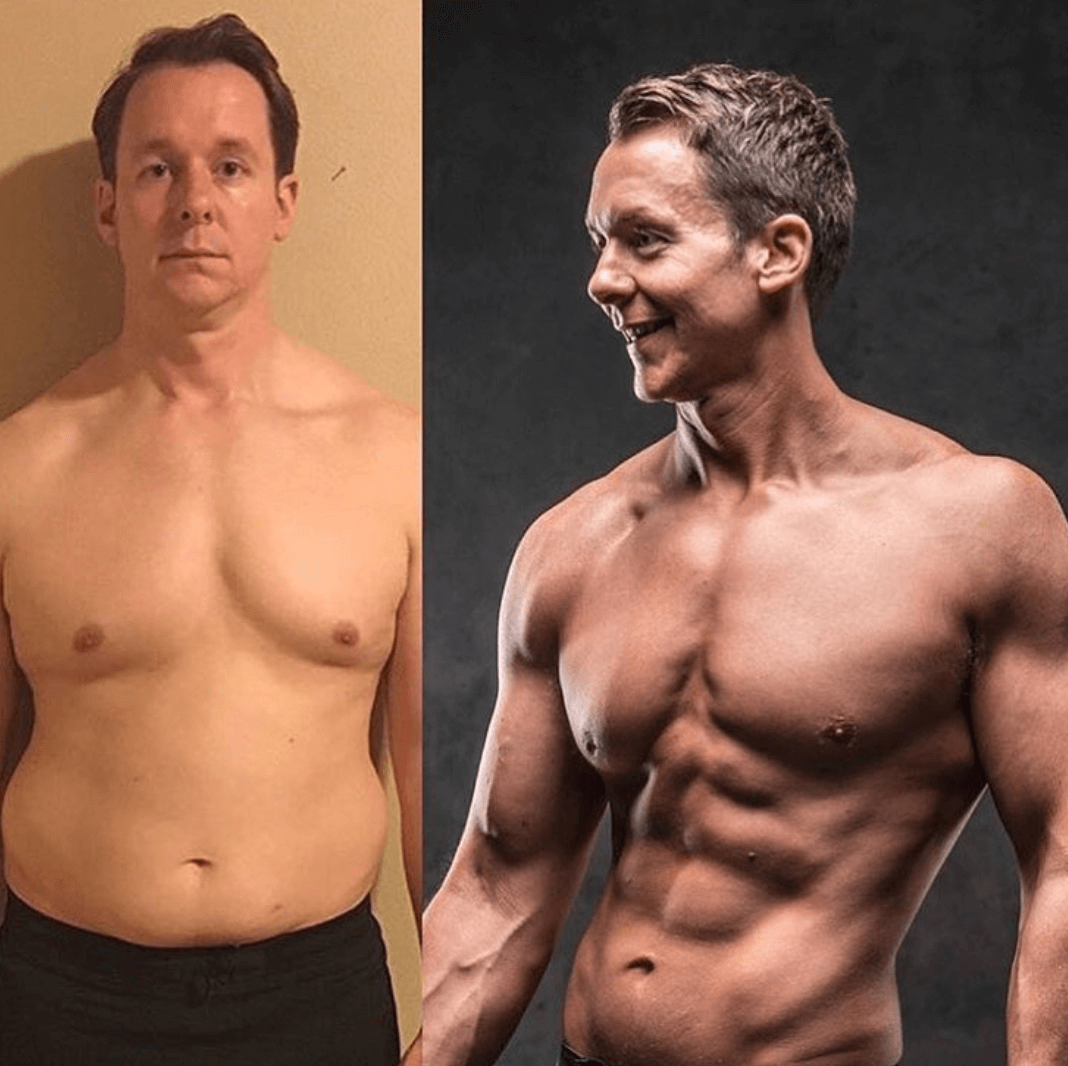Forget juice diets, cutting out carbs and other fads. Today I want to talk about how to create an intelligent and sustainable meal plan to support your ongoing health and fitness goals.
I talked in a previous post about how to create a sustainable training plan, within which nutrition and intelligent meal planning play an integral role. Our fitness and nutrition are inextricably interlinked – attaining the right balance helps to support your exercise ambitions and ongoing success. My clients who achieve the very best results are those who dedicate themselves to both a consistent training and meal plan.
While all-out effort is obviously very important, it’s through consistency that your efforts will really pay off.

Work Your Way Up
You need to focus on months of well-planned nutrition and a solid foundation, as opposed to days of marathon sessions and starvation. If you feel it would help you, start slowly and work your way up. Remove the worst foods and empty calories first (think crisps, sweets etc.) and replace these with treats that are tasty without the negatives. Apricots, cottage cheese with celery or carrots and hummus are all delicious yet healthy snacks.
Consistency = sustainability, and it’s important not to kid yourself or put yourself under unnecessary pressure. If you fill your plan with foods that you really don’t like and have to force yourself to eat, that’s not going to be an effective long-term solution. You will just give up on it – and I can’t blame you!
It’s also important to not set your calorie intake as too low as you won’t stick with it, and it’s not healthy in the short- or long-term. If you are feeling hungry all the time, your willpower won’t last and you’ll likely feel too tired or sluggish to continue your training. Include protein with every meal to ensure that you keep yourself correctly nourished pre- and post-workout and support your training.
Plan Ahead
The word ‘plan’ is key. It can be difficult to eat healthily when you’re stuck in the 9-5 and just grab a sandwich and crisps at lunch out of habit. That’s why I recommend prepping your food and remembering to take it with you to work every morning. Include lunch and any snacks you might need to fit around your schedule.
Buying food when you’re hungry is never a good idea, and this also helps to avoid those mid-afternoon sugar cravings and trips to the corner shop. Pre-prep means that you will already have spent time, effort and money on creating meals that tally with your goals – and you’re far less likely to give into non-goal focused food.
Remember, a consistent meal plan doesn’t need to be boring. Keep your plate colourful – think fruit and veg with every meal – and focus on flavour.










